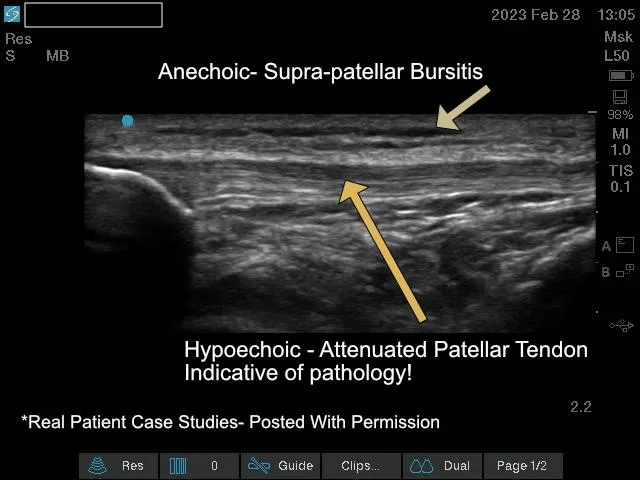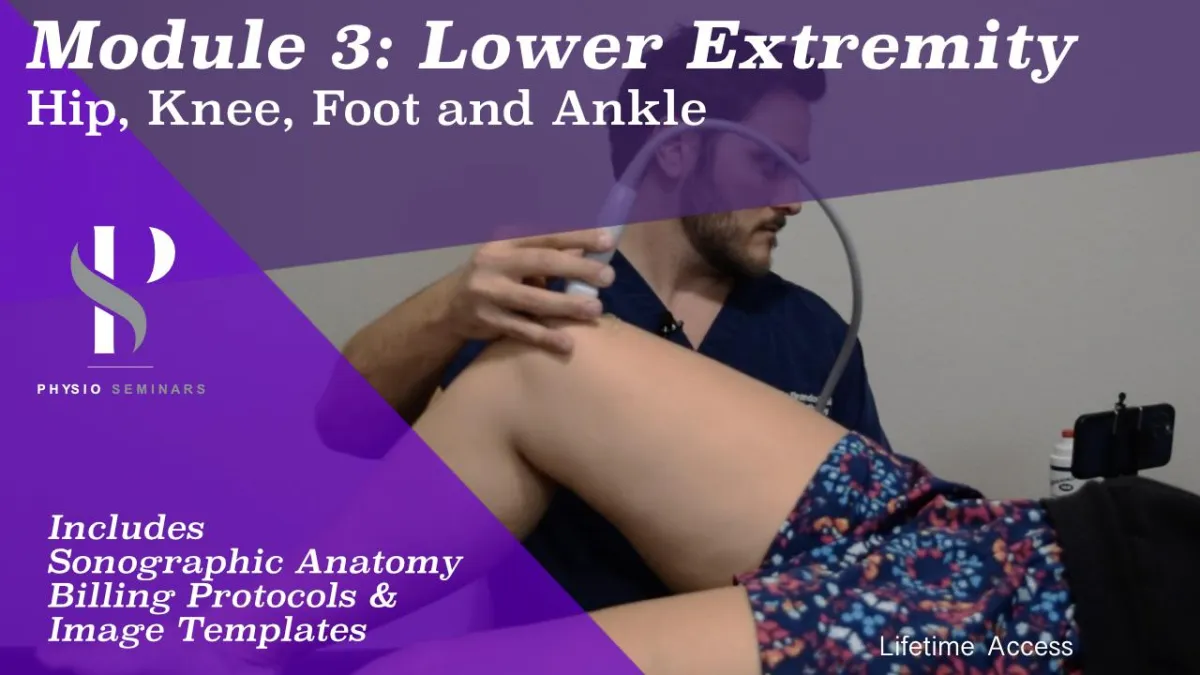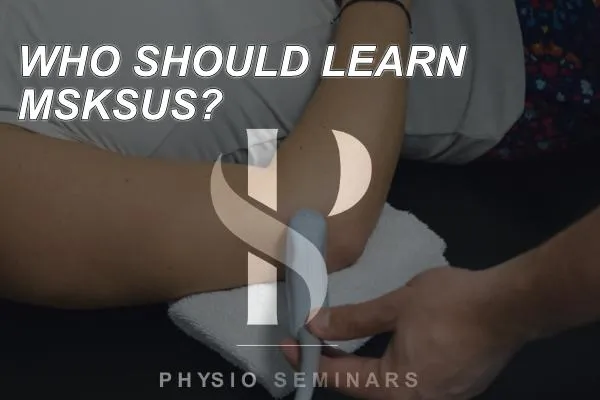WELCOME
Improve your diagnostic capability. One scan at a time.
Click the link below to get started on your journey to reading and performing musculoskeletal ultrasound exams in your practice

Musculoskeletal Ultrasound
Enhance your clinical skillset and bring objective evidence with advanced imaging techniques to your healthcare practice
Musculoskeletal (MSK) ultrasound is a type of medical imaging that uses sound waves to create images of the bones, muscles, tendons, ligaments, and nerves in the body. It is a safe and painless procedure that can be used to diagnose a variety of conditions, including:
- Muscle tears
- Tendonitis
- Bursitis
- Arthritis
- Joint pain
- Nerve entrapment
- Tumors
It is a noninvasive method that can be used to enhance your treatment approach of musculoskeletal conditions and even guide needle placement such as when performing dry needling.
MSK ultrasound can also be used to guide injections and procedures, such as cortisone injections and nerve blocks.
This imaging modality is accessible and available to all licensed healthcare providers and will greatly improve your patient outcomes by having the provider perform the scans directly, the patient will get real time feedback of their condition or progress to their intervention or therapies.
Improving The Bottom Line
We will bring you to the next level of patient care.

E-LEARNING
Popular Lessons

Secret of Successful Teamwork
Everything You Need To Get Started
10 Lessons
271 Reviews
Do At Your Own Pace

MSK Ultrasound of The Upper Extremity
UE Exam Scanning Protocol and Billing
12 Lessons
271 Reviews
Do At Your Own Pace

MSK Ultrasound of the Lower Extremity
LE Exam Scanning Protocol and Billing
12 Lessons
271 Reviews
Do At Your Own Pace
Our Team

Brandon Rosi, PT, DPT

Who Should Learn Musculoskeletal Ultrasound: Healthcare Providers Best Suited for Mastery
“Where the art of medicine is loved, there is also love for humanity .” - Hippocrates
Introduction:
Musculoskeletal ultrasound (MSKUS) is a powerful diagnostic tool, but not every healthcare provider needs to add it to their skill set. Learning MSKUS requires a great deal of time, dedication, and a commitment to ongoing education. In this article, we will explore which healthcare providers are best suited to learn musculoskeletal ultrasound, highlighting the professionals who can maximize its benefits in their respective fields, or patient populations.
With that said, here are 7 specialties that we feel are best suited to learn and utilize musculoskeletal ultrasound in their clinical practice. 👊
1. Radiologists
Radiologists are the natural frontrunners when it comes to mastering MSKUS. Their expertise in medical imaging and interpretation make them well-equipped to harness the capabilities of ultrasound for diagnosing musculoskeletal conditions. Radiologists can use MSKUS to complement other imaging modalities, including interventional radiologist using this to provide image-guided needle placement without the harmful radiation of fluoroscopy, ensuring a comprehensive evaluation and treatment of patients' health.
2. Orthopedic Surgeons
Orthopedic surgeons deal extensively with musculoskeletal issues, from fractures and joint injuries to degenerative diseases. Learning MSKUS empowers orthopedic surgeons to make quicker and more accurate diagnoses, plan surgical interventions with precision, and monitor post-operative healing. It's a valuable skill that enhances patient care and surgical outcomes. Unfortunately, however, orthopedic surgeons are riddled with already severe time constraints and usually opt for the MRI. This is where you may begin to see a transition of Physician Assistant/Associate take a leading role in utilizing MSKUS in their clinical practice.
3. Rheumatologist
Rheumatologists specialize in the treatment of autoimmune and inflammatory conditions that often affect the musculoskeletal system. MSKUS can aid rheumatologists in assessing joint inflammation, identifying synovial fluid abnormalities, and guiding joint aspirations or injections. This technology enhances their ability to diagnose and manage conditions like rheumatoid arthritis. By enhancing their image-guided procedures, your patients will leave with as minimal trauma to the joint space further improving healthcare outcomes.
4.Sports Medicine Physicians
Sports medicine physicians frequently deal with athletes and active individuals who may experience musculoskeletal injuries. MSKUS is a valuable tool for diagnosing sports-related injuries such as tendonitis, ligament tears, and muscle strains. It allows sports medicine physicians to provide precise evaluations while on sports coverage providing valuable diagnostic information in real-time including if its detrimental to that student/athlete/professional to seek further treatment immediately, or if they are safe to continue participating in their sport.
5. Physical Therapist
Physical therapists play a critical role in rehabilitating musculoskeletal injuries. Learning MSKUS can aid physical therapists in assessing tissue damage, tracking the progress of therapy, with serial scanning, and determining when a patient is ready to return to normal activity. This skill can significantly improve patient outcomes and reduce the risk of re-injury.
In addition to tracking patient progress, they are also uniquely suited to increase diagnostic accuracy given their increased patient visit times. With patients having a prolonged visit with doctor of physical therapy the patient typically divulges more medical information to their provider since the patient originally felt this information was less pertinent compared to other complaints. In addition to improved diagnostic relevance, this will help aide doctors of physical therapy with image-guided needle placement using dry needling, thus improving patient outcomes and reducing adverse patient reactions.
6. Occupational Therapist
Occupational therapists often work with patients who have musculoskeletal issues that impact their daily activities. MSKUS can help occupational therapists assess the extent of impairment and design tailored treatment plans. It enables them to make informed recommendations for assistive devices and modifications to improve patients' quality of life.
7. Primary Care Providers
Primary care physicians are often the first point of contact for patients with musculoskeletal complaints. While they may not perform complex MSKUS examinations, having a basic understanding of the technique can help primary care providers identify red flags and refer patients to specialists more efficiently. This ensures timely diagnosis and treatment.
8. Conclusion
Musculoskeletal ultrasound is a versatile and valuable tool that can benefit various healthcare providers across different specialties. Radiologists, orthopedic surgeons, rheumatologists, sports medicine physicians, physical therapists, occupational therapists, and even primary care physicians can enhance their practice by learning and incorporating MSKUS into their clinical toolkit.
However, it's essential to recognize that mastering MSKUS requires dedication and ongoing education. Healthcare providers should assess their clinical focus, patient population, and professional goals to determine whether learning MSKUS aligns with their career path. Ultimately, those who invest in this skill can provide more precise diagnoses, better treatment plans, and improved patient outcomes in the realm of musculoskeletal health.
Let us help you get started with Diagnostic Ultrasound
Start Scanning Now
Check out our online or hybrid courses to get started using musculoskeletal ultrasound in your healthcare practice today. Gain access to the material immediately, keep for a lifetime.
Here is a quick checklist to get you started with you website blow. Remember imperfect action beats inaction, get started and keep publishing.
Introducition to Musculoskeletal Ultrasound
Advance your understadning in ultrasound knobology
Start identifying different tissue interfaces with soft tissues
Learn and gain proficiency in complete joint protocols
Collaborate with other healthcare providers in real-time
Decrease documentation time with our templates that are compliant with third-party payers
Start and stop the recorded lectures on your schedule
Testimonials

Finibus nunc quis turpis quis leo volutpat idsit amet orci. Etiam nec diam consequat diam suscipit metus.Finibus nunc quis turpis utpat id sit amet orci. Etiam nec diam tincidunt,

Finibus nunc quis turpis quis leo volutpat idsit amet orci. Etiam nec diam consequat diam suscipit metus.Finibus nunc quis turpis utpat id sit amet orci. Etiam nec diam tincidunt,
Office: Online
Call (760) 280-5926
Email: info@physioceu.com
Site: www.physioceu.com


